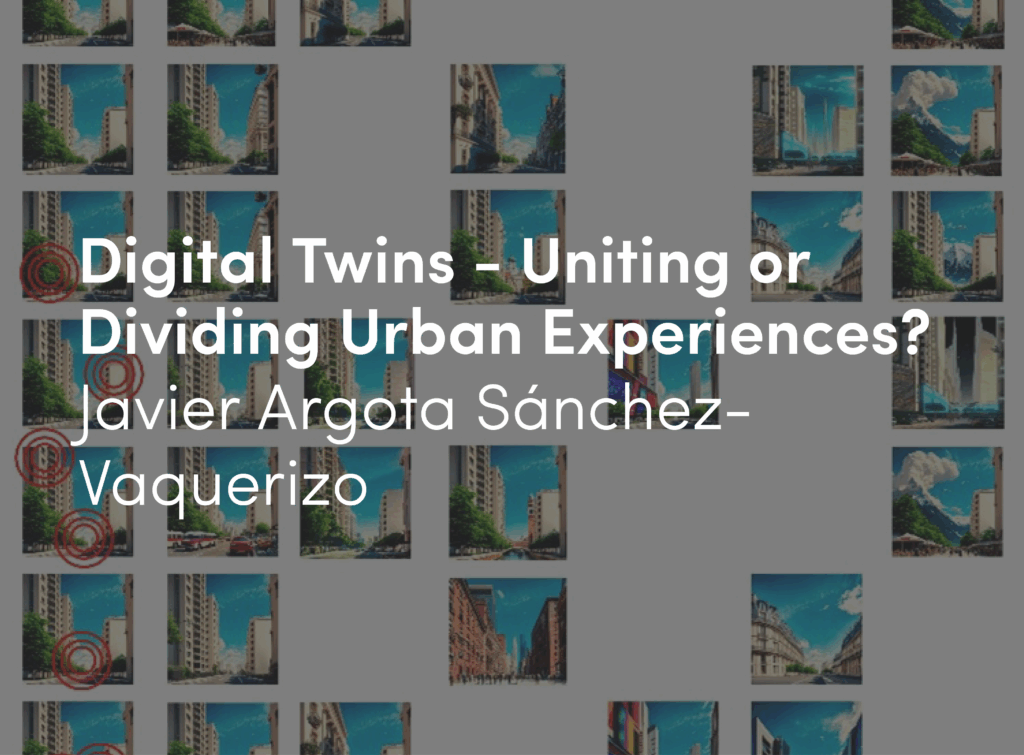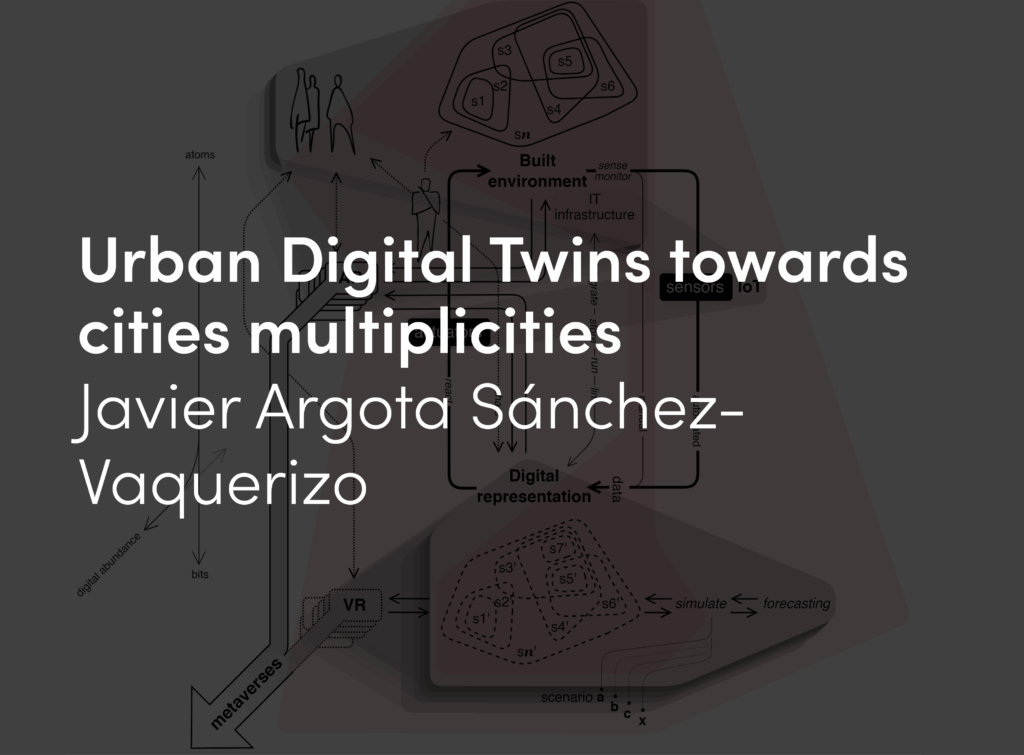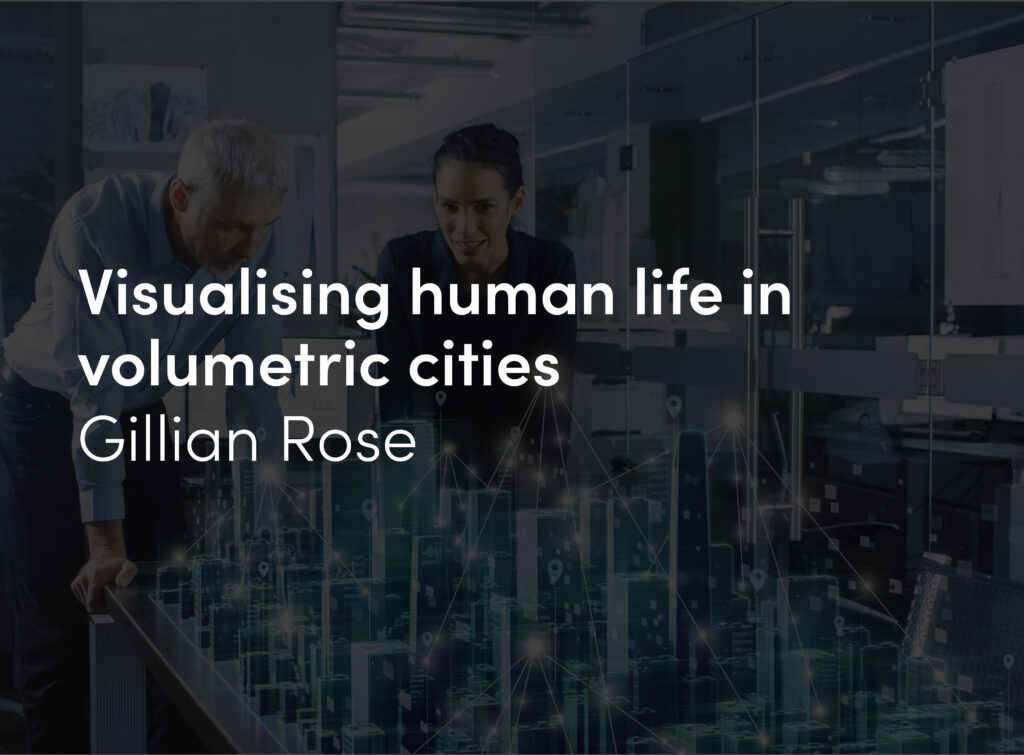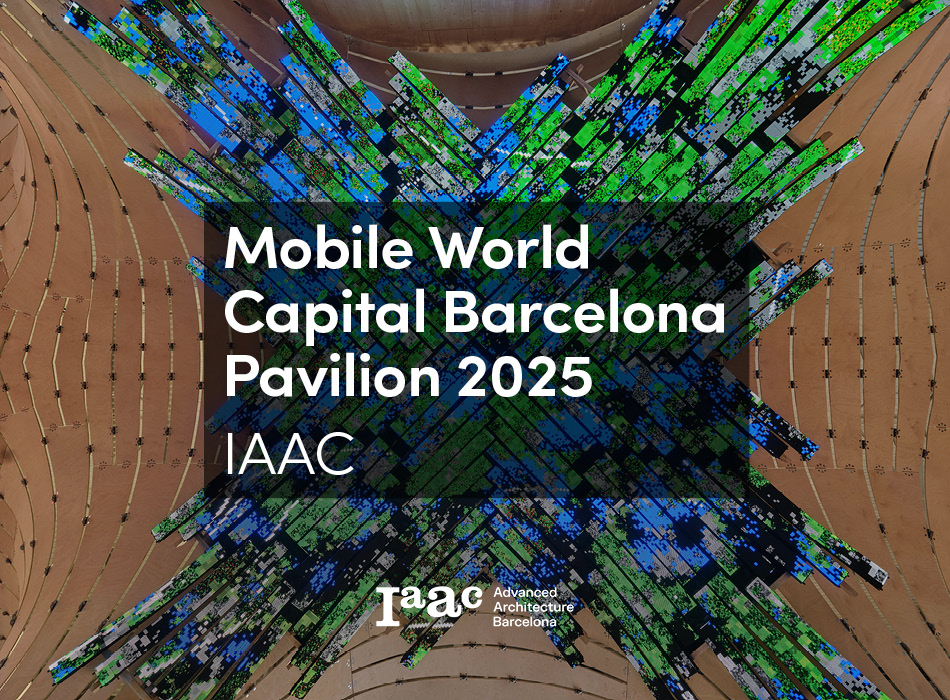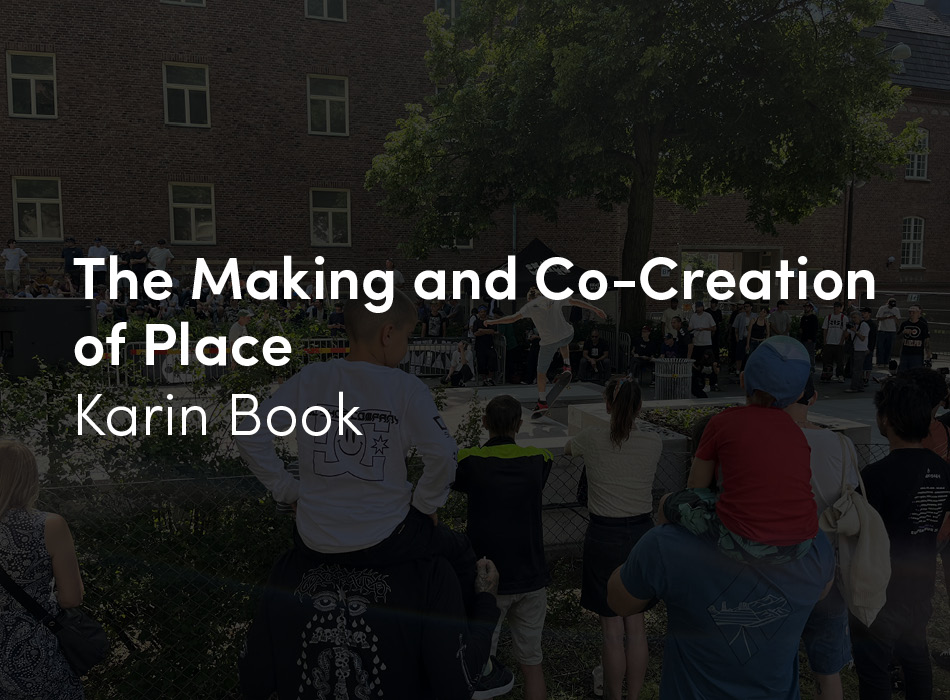In a digital paradigm, so exposed by the conveniences of social media and the infinite replication of images, it is hard to imagine how some Hong Kong spaces and interiors are disappearing – replaced in part by image and in part by reflection and transparency that removes shadow, material presence and physical embodiment – given that the constructed world of buildings, homes and stores provides an intense sense of inertia, one that falsely endows a belief in the permanence of our physical environs.
Yet, it is paradoxical that within this city of a million interiors, homeowners occupy marginal square footage with personal or temporarily personal possessions, becoming passers-through, transients. The intractability of many of these ‘forms of interiority’ and their objects is part of an elaborately constructed impression, composed of a myriad of images but ultimately transient and contributing to disappearance. This comfort comes in the created transience with which the reifying expressions of personality and exclusivity are regarded, as Abbas Ackbar has written: Hong Kong is “not so much a place as a space of transit”.
Hong Kong remains a city of commerce. Within a highly speculative economic framework, the cyclical [re]production of commerce views this form of erasure as a healthy digestion. The Tong Lau architectural models, the originators of the industrial shop house typology, process the ‘in’ and ‘out’ movement of various occupants’ things with the equanimity of Marshall McLuhan’s ‘city-as-filing cabinet’. In other instances, commercial enterprises remain trapped within morphologies that are meant to lock down both its users and its tenants. These interiors represent a frail equilibrium. The baroque appeal of an empty storefront embodies Hong Kong’s spatial zealousness where a landlord’s overly ambitious rent for each square foot causes a gap in tenancy, only tangible in proximity to the overly full, in business neighbors. In this way, the erased interiors are less nostalgic than transitional. Although the disappearances shown seem permanent, accompanied by a loss of identities and personalities, the erased spaces expose just as many places of opportunity. In each frame of the concrete walls, selected from 1520 images, new incentives and livelihoods take root opening the possibility to harness not only the use of space for commercial gain, but the total appropriation of the interior as a volume that represents a way of life. And, although the enormous inertia of emptiness – of loss – seems definitive, it is merely one impermanence of the Hong Kong urban interior.







